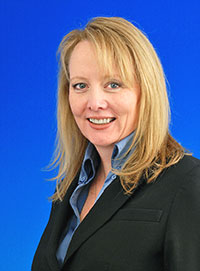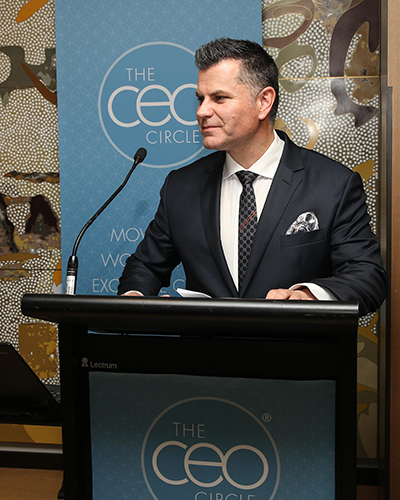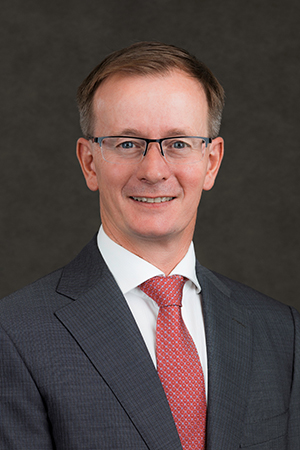Forget software, remember ‘soft skills’
By Fleur Telford >>
DAY TO DAY tasks once reserved for finance professionals are being taken over by data feeds, bots, and good system integration.
As information technology (IT) continues to evolve, the rise of smart financial applications have given rise to tools that even the lesser skilled can access to improve their clients’ businesses.
What used to be outsourced to minimise cost can now be processed in-house, as technological advances have markedly reduced time-consuming data processing tasks. 
This saves resources, time and money of course, but the question that needs to be asked is: “What happens to the people?” – both within organisations and for the clients they serve, in this Brave New World.
Artificial intelligence (AI) can find a myriad of answers to a specific question but it’s not known for great conversation. AI is also low on empathy and inter-personal skills, despite what we see in the movies.
So today, and certainly for the foreseeable future, no amount of tech supremacy can ask business owners how they feel, what they’re worried about, and where it is they would like their business to go.
When it comes to sharing our fears, woes, hopes and dreams, speaking to another human wins every time. In the professional world, people still matter.
Accountants are, as one of my colleagues wittily put it, “anxiety transfer agents”, interacting as no AI source ever could, giving comfort that help is at hand.
TECH JUST ANOTHER TOOL
Technology is merely a tool, and should be treated as such, and we should keep our focus on what is truly important: our client relationships. Clients will far prefer a meaningful chat about their business than a slew of reports emailed to them once a month.
The reassurance we bring to our clients by working with them personally can never be replicated by software. If new technology has given us more time, then we should invest those hours in our clients, broadening the way in which we assist them.
Tech should empower, not disempower, complement, not be subject to compliment. It should make us consider why we entered professional services in the first place: the emphasis should be on service.
Sometimes, I think we forget this in the rush to implement the next shiny app that will relieve all of our bottom line woes (or so the hype would have us believe).
How does this impact the workplace of the future? I believe it means a reassessment of the values and attitudes we look for in the next generation of employees.
SOFT SKILLS MOST VITAL
We hear talk of ‘soft skills’, but these have never been more important than in these technological times. It is an age of the increasingly impersonal, so we need to be looking for graduates who are equipped with a much broader skill set than before.
Some professional service firms will only interview soon-to-be graduates if their marks fall within a Distinction or High Distinction average. But this doesn’t mean they are necessarily ‘people people’, capable of active listening, discernment and understanding a client’s concerns.
Our ‘next gen’ employees need to be able to hold conversations, tell a story, be able to explain complex scenarios in everyday language, and give practical guidance to clients on how to build their businesses.
If undergraduates are wondering how to get these skills, I would suggest actively seeking work in businesses during semester breaks, learning what it means to run a business, face a cash flow crisis, handle difficult staff members. Undergraduates should seek mentors who have great interpersonal skills, sound experience, and who are willing to pass this on.
In this way, we can get back to the basics and listen to what our clients want for their business and for themselves.
Technology may provide answers, but we deliver solutions and deeper insights, while building rapport through great service delivery.
*Fleur Telford is KPMG Enterprise director of technology.

 How to resolve AdBlock issue?
How to resolve AdBlock issue? 





